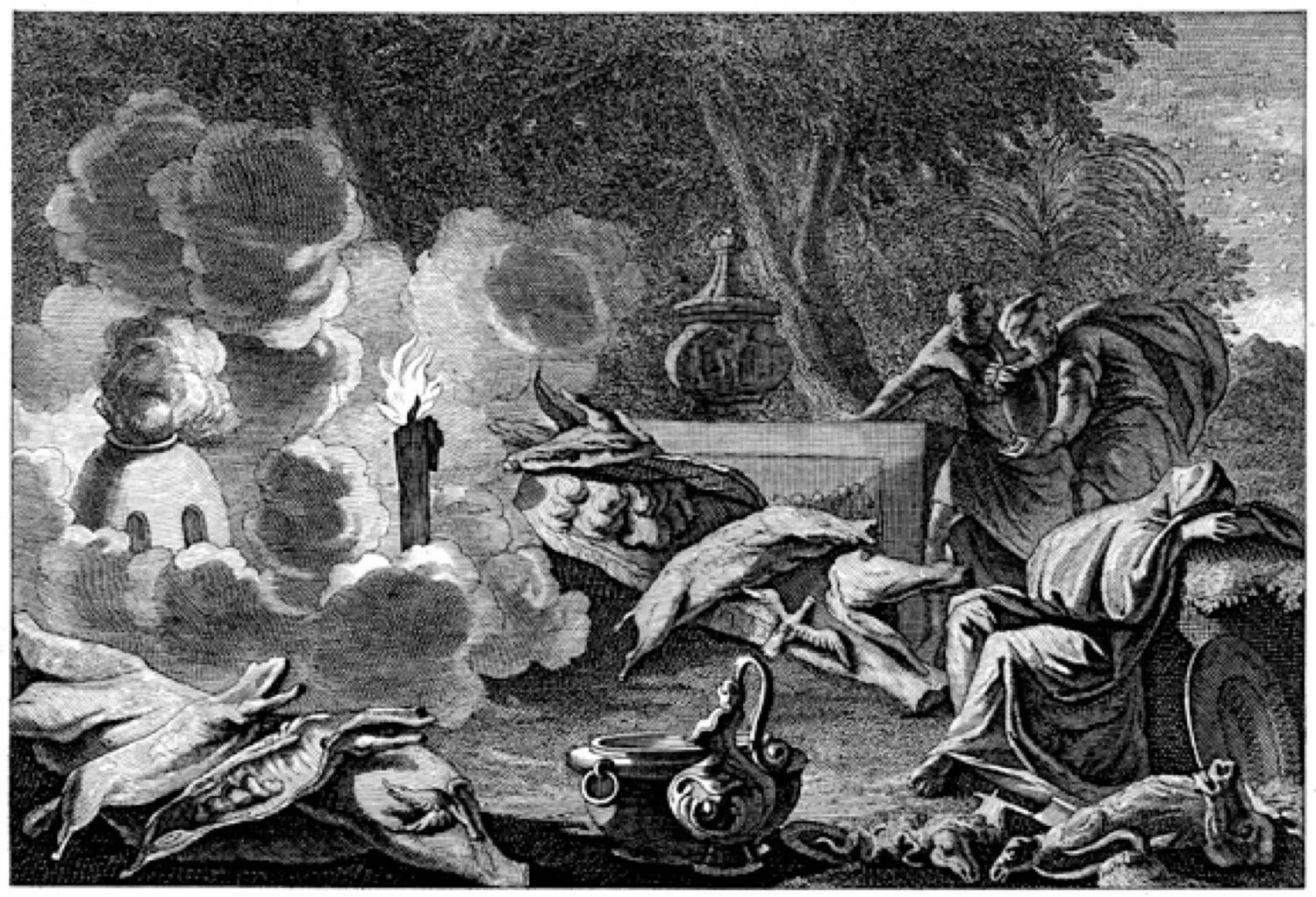Readings for the day: Genesis 14, 15, 16
A few years ago, I went to Ethiopia. The day we arrived marked the end of several days of unrest. Conflict. Protests that often grew violent. Our Ethiopian partners were visibly uncomfortable taking us to Gojo where we were to conduct our church planter training and medical clinic. They wanted to make sure we stayed safe. We eventually loaded up the Land Rovers and headed out on our four hour plus trip. As we traveled, we passed right through where the riots had been just a day or two before. Large rocks littered the road. Burned out vehicles had yet to be cleared. A large semi-truck had been set on fire and flipped over. And while we were never in any real danger, we were reminded of the political realities on the ground in this country we love so much.
The conflict in Ethiopia is tribal just like the conflict in Abram’s day was tribal. All these different kings led different tribes and they often fought as they sought to expand their power and influence. If one lived in those days, one might have been tempted to believe this is where the real action was taking place. The kings of Shinar, Ellasar, Elam, and Goiim making war with the kings of Sodom, Gomorrah, Admah, Zeboiim, and Bela. One might be tempted to think something significant rested on the outcome of their battle. But the Bible almost treats their conflict as an afterthought. Reading the passage, one gets the sense that the only reason this story is included at all is because Lot got caught up in it, forcing Abram into action. You see, the real action in these chapters has nothing to do with kings (even Melchizedek) and tribes and nations and their power struggles. No, the real action. The real drama. The real conflict involves an old man and his barren wife and their struggle to have children. It has to do with God and His promise to Abram and Sarai that they would have a son to carry on their family name. The real struggle is God telling Abram to look up into the heavens and number the stars of the sky, for so shall his offspring be.
And what is Abram’s response? Faith. He believes. Even crazier than taking 318 men and defeating four kings as they returned victorious from battle is old, childless Abram looking up into the night sky and believing God’s promise. That’s why God declares him righteous. Because of his faith. And what is faith? The Apostle Paul will later say Abram was “fully convinced God was able to do what He had promised.” (Romans 4:21) That’s the definition of true faith.
But God’s not done. He not only gives Abram this promise, He seals it by making a covenant with him. In the ancient near east, these ceremonies were common. Vassals would approach their kings and promise on their lives to fulfill the terms of the covenant they were making. The crazy thing about Genesis 15 is it flips the whole ceremony on its head! Instead of Abram approaching God, it is God who puts Abram to sleep and approaches him! God is the one who makes His way through the halves of the animals, essentially declaring to Abram that He will fulfill the conditions of this covenant or cease to exist! It never ceases to shock me every time I read it!
Furthermore, as we have already seen, God’s faithfulness is unconditional. Even when Abram and Sarai take matters into their own hands - as in the case of Hagar and Ishmael - God is there to turn it for His good purpose. Because God has committed Himself to Abram and his family, He will never let go. No matter what they say. No matter what they do. God will remain faithful to the end. He must because He has pledged His own life to this covenant.
Can you begin to fathom the fact that in Christ, we see the fulfillment of Genesis 15? God sacrificing His own life for the sake of Abram and his descendants? God sealing a new covenant by giving His body and shedding His blood? Do you understand the great faithfulness of God to His people? The lengths to which He is willing to go for the sake of those He loves? Abram. Sarai. Hagar. Ishmael. You and me. It’s amazing!
Readings for tomorrow: Genesis 17-19
